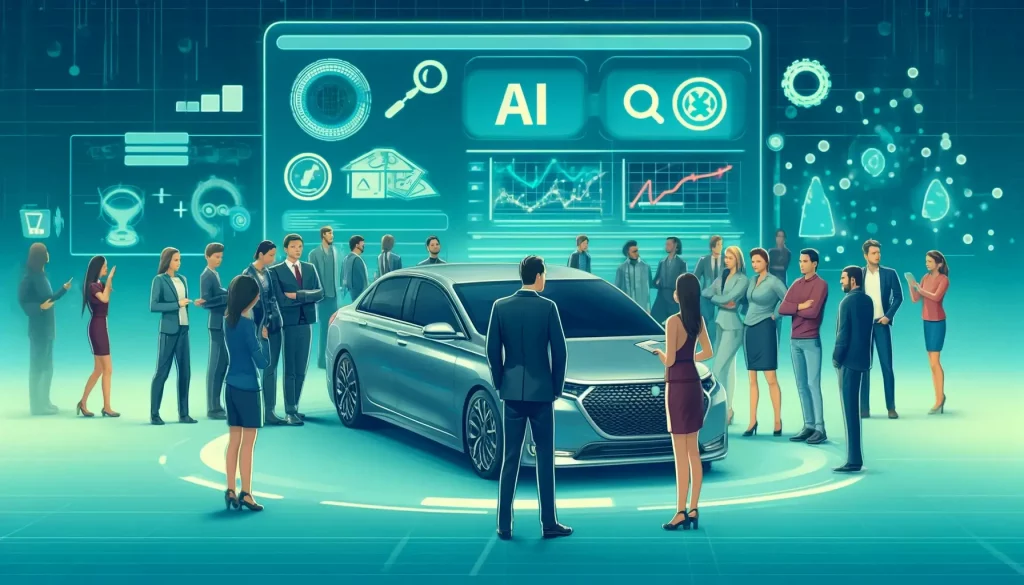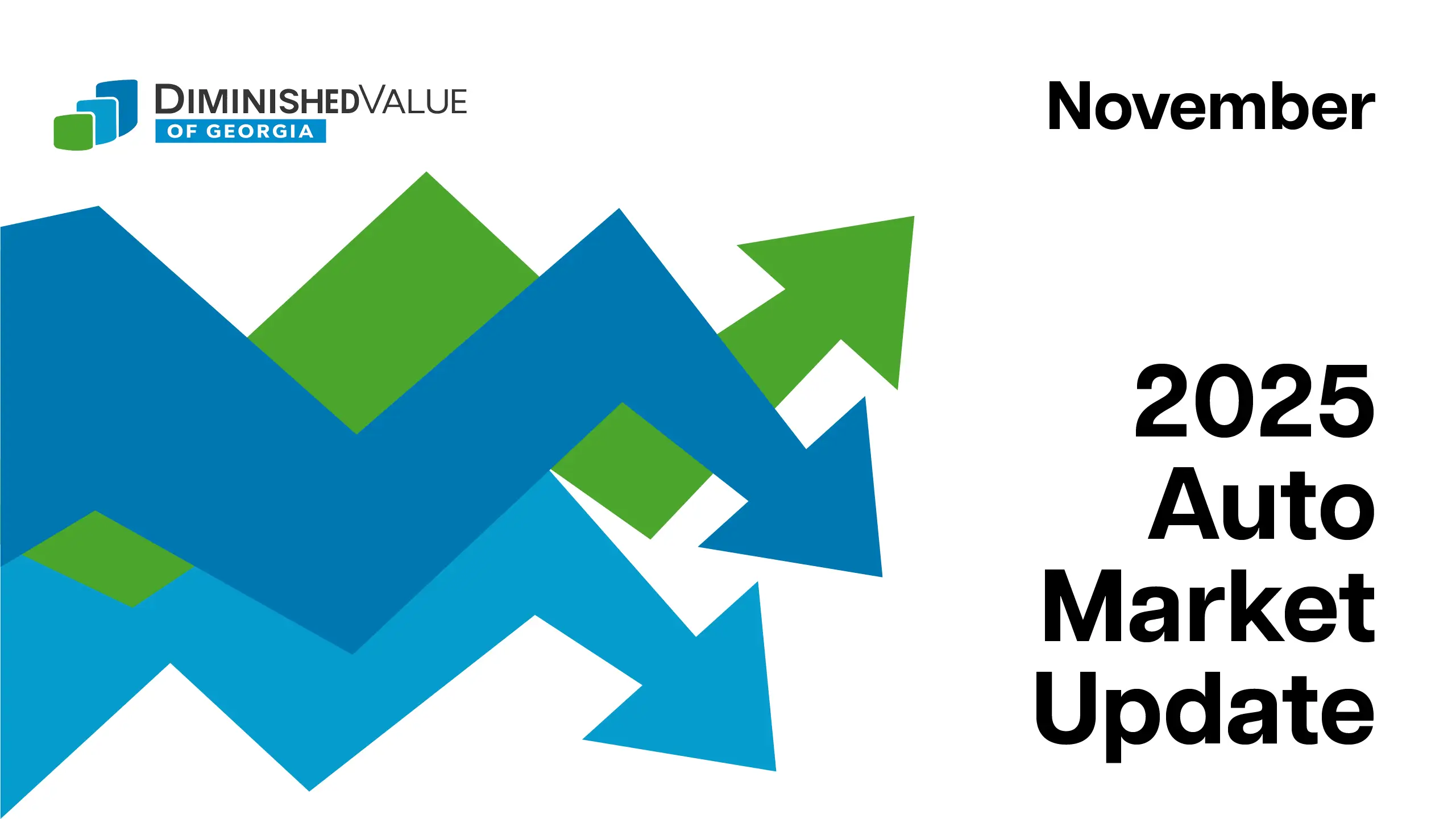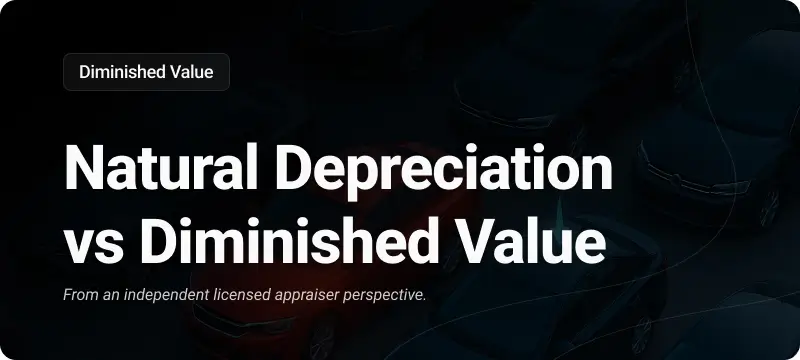Imagine you’re at a car dealership, excited to pick out your new ride. You’ve found the perfect car, and it’s just within your budget. But there’s a hitch: your credit score isn’t quite up to the mark.
Traditional scoring methods say you’re a risk, but are they telling the whole story? Enter the new heroes of auto financing—AI and alternative data—which are changing the narrative and opening doors for millions like you.

Increasing Auto Loan Approvals with AI and Alternative Data (PDF)
A New Era of Inclusivity in Auto Financing
More than 100 million consumers in the U.S. find themselves grappling with the challenge of accessing affordable automotive financing. The culprit? A less-than-perfect credit score. However, the tide is turning with the advent of alternative scoring methods. These new models use a variety of non-traditional data points—from utility bill payments to public records—combined with sophisticated AI tools, offering a fuller picture of a consumer’s financial behavior.
The traditional credit scoring model, which has been the industry standard for decades, often fails to reflect the true creditworthiness of individuals with minimal credit history, low scores, or those who are altogether unscorable. This old model potentially locks out 42 percent of the adult U.S. population, according to a report by Experian.
For immigrants or individuals without an established credit history, the journey to securing a car loan is daunting. They must undergo a process often referred to as “credit bootstrapping,” slowly building credit from scratch. This process can take years—a significant barrier to owning a vehicle.
Leveraging Larger Data Sets and AI
Recognizing these challenges, risk assessment companies and lenders have been innovating more inclusive credit models. Sharla Godbehere, Vice President of Sales for Auto Lending at Equifax, notes that lenders are eager to approve as many loans as possible without taking on undue risk. Alternative data enables them to make more informed and prudent decisions.
In recent financial quarters, despite the rise in car prices and interest rates reaching historic highs, the demand for auto loans has not waned. Financial technology companies have been quick to capitalize on the potential of alternative models. Traditional auto lenders, although slower, are beginning to see the value in adopting these new approaches.
For example, Experian’s Lift Premium score can evaluate 96 percent of applicants, significantly higher than the traditional model’s 81 percent. This includes assessing an impressive 65 percent of those with little to no credit history.
Equifax’s Insight Score for Auto similarly expands the evaluation net, appraising an additional 15 to 20 percent of buyers compared to traditional models. This includes a staggering 38 million consumers previously without a credit file.
The Technical Backbone
The transition to using alternative credit scores isn’t without its challenges. It requires robust AI algorithms capable of sifting through vast datasets to identify relevant attributes for each consumer. Developing these algorithms is no small feat. Lendbuzz, for example, encountered a “chicken and egg” problem in its early days.
The company needed data to train its AI models but required the models to generate this data. Overcoming such hurdles, Lendbuzz has developed its trademarked Artificial Intelligence Risk Analysis model, which is continuously updated for greater accuracy.
The Road Ahead
The auto lending sector is poised for a significant transformation as more lenders adopt AI-driven scoring models. The adoption of these models allows lenders to not only expand their customer base but also to manage risks more effectively. As this technology continues to evolve, both lenders and buyers stand to gain from the increased precision and inclusivity of loan assessments.
Could the widespread use of AI and alternative data be the key to democratizing auto financing?



